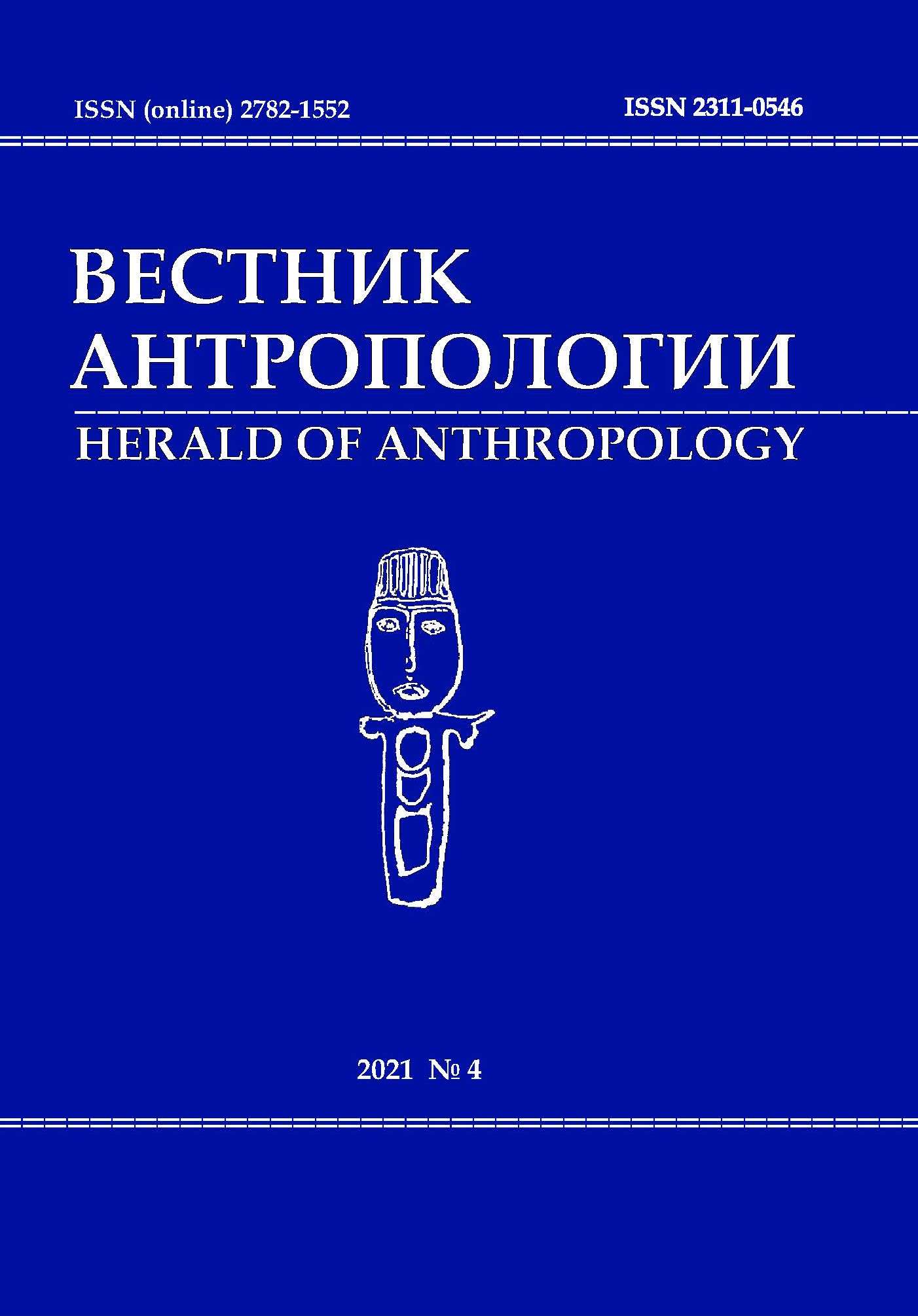Ethnic Migrants’ Children Adaptation: The Negative Internet Discourse.
DOI: 10.33876/2311-0546/2021-4/269-282
Keywords:
children from migrants’ families, ethnic migrants, migration processes, interethnic tension, national and ethnic policy, linguistic, social and cultural adaptation, integration of migrants, Internet discourse, interethnic and interreligious conflictsAbstract
The Council for Interethnic Relations Working under the President of the Russian Federation (30.03.21) meeting provoked many comments on the Internet with a negative and even aggressive attitude. They reflect on the topic of teaching and adapting children of ethnic migrants’ at Russian schools that was discussed at the Council by V. Putin, the President of the Russian Federation, and other reporters. The negative discourse manifested so clearly on the Internet made the author question the reliability of the data on the interethnic relations that almost all subject matter officials have characterized as quite favorable. It might be assumed that the degree of migrantophobia in our country, contrary to the “assessment of the interethnic relations in the country,” is still relatively high, especially when direct contacts with migrants’ families are considered. Such contacts become inevitable at educational organizations – schools, colleges, and kindergartens. The article analyzes some aspects of this negative ethnic and migration discourse and gives several recommendations on improving the situation.
For Citation: Omelchenko, E.A. 2021. Ethnic Migrants’ Children Adaptation: The Negative Internet Discourse. Herald of Anthropology (Vestnik Antropologii) 4: 269-282.





















